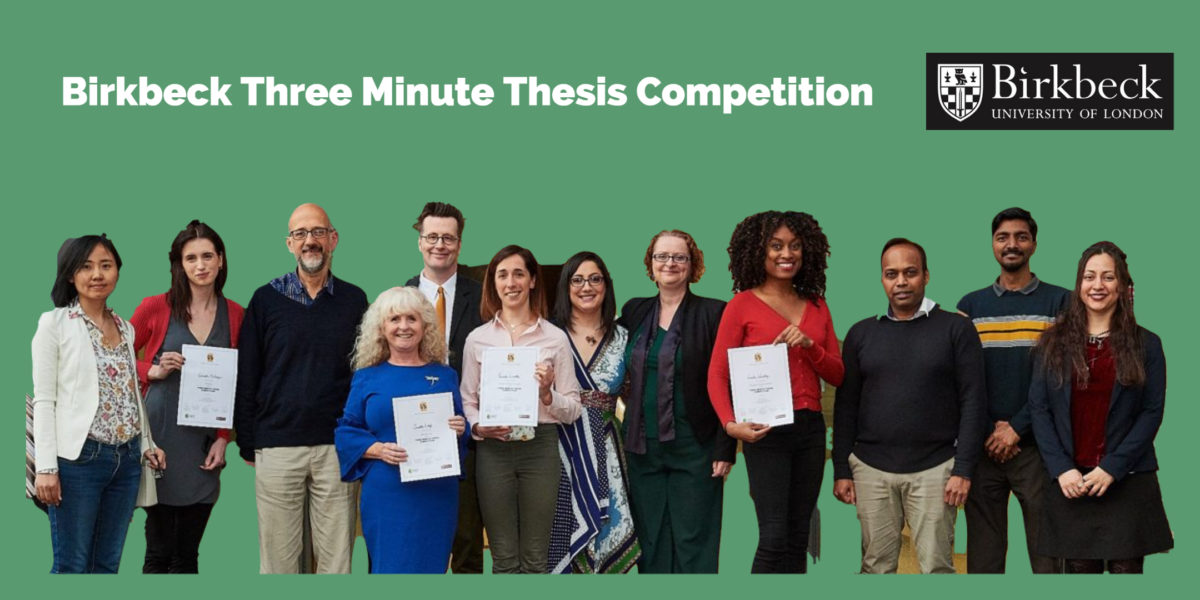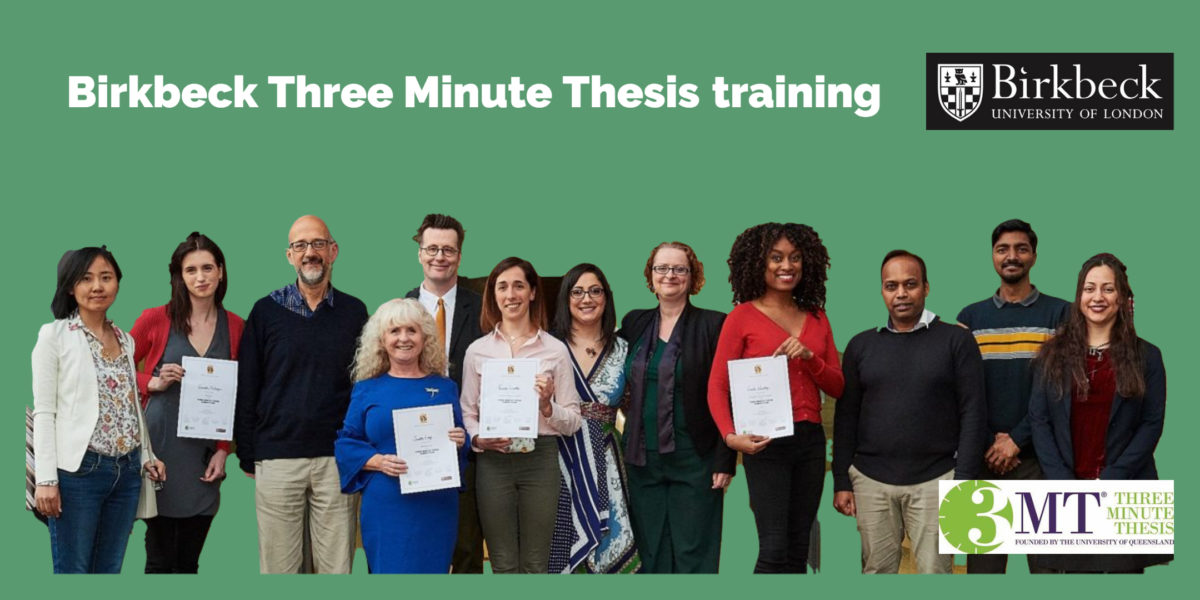The Birkbeck Institute of Social Research’s Urban Intersections Working Group aims to stimulate conversations at the intersection of different disciplines, practices, spaces, media, and ways of seeing and understanding an urbanised (and urbanising) world.
Last year we inaugurated a reading group for post-graduate students (masters and doctoral) in any department of the College. Through a specific text, participants have the opportunity to reflect and discuss a particular urban topic, speaking from, but also challenging, their own research and disciplinary perspectives.
Sessions are held over Microsoft Teams and there is no limit to the number of participants. We will aim to hold at least one physical meet-up a term. We have a preliminary reading list that will be open to discussion and editing by the whole group. At the start of each session, a group member will frame the text to get the conversations going.
Our proposed reading list:
Week 1:
Alatas S. F., Sinha V: Sociological Theory Beyond the Canon, Palgrave
Macmillan, London, 2017. Introduction: Eurocentrism, Androcentrism and
Sociological Theory (1-16)
Weber, M: The City, Free Press, London, 1958
Occidental City (80-89)
Week 2:
Simmel, G: The Adventurer, “Das Abenteuer,” Phiosophische Kultur.
Gesammelte Essays, Leipzig, 1919
Jackson, S: Paranoia, The New Yoker, NY, 2013
Week 3:
Wilson, E: The Rhetoric of Urban Space, NLR, Jan-Feb, 1995
Sudjic, D: Dangerously Insane, LRB, Oct 2010
Week 4:
Nora, P: Between Memory and History, Representations, Spring 1989
Sicard, M: Eutopia, NLR, May-June 2020
Week 5:
Myambo, M, T: Africa’s Global City?, NLR, Nov-Dec 2017
Ruiz Tagle, J: Territorial stigmatization in Socially-Mixed Neighbourhoods
in Chicago and Santiago: A Comparison of Global-North and Global South Urban Renewal Problem, Social Housing and Urban Renewal (Watt and
Smets, Eds.), London: Emerald, 2017
Week 6:
Thompson, M et al: Re-grounding the City with Polanyi: From Urban
Entrepreneurialism to Entrepreneurial Municipalism, Economy and Space,
Vol. 52(6), 2020
Baibarac, C and Petrescu, D: Co-design and Urban Resilience: Visioning
Tools for Commoning Resilience Practices, CoDesign, Volume 15, 2019
Week 7:
Hatherley, M: Look at England Urban Spaces, Open Democracy, August 2011
Hatherley, M: The Occupation of Space, Open Democracy, January 2011
Self, W: It Hits in the Gut, LRB, March 2012
Other:
Adams RE: Circulation and Urbanization, Thousand Oaks, CA: SAGE
Publications, 2018
Halegoua GR: The Digital City: Media and the Social Production of Place,
New York: New York University Press, 2019
Hou, J: Guerilla Urbanism: Urban Design and the Practices of Resistance,
Urban Design, Vol. 25, 2020
Massey, D: The Spatial Construction of Youth Cultures, Cool Places,
(Skelton and Valentine, Eds.), London: Routledge, 1998
Zukin S: The Innovation Complex: Cities, Tech, and the New Economy,
New York, NY: Oxford University Press, 2020
We aim to hold one meeting per month, but this will be negotiated by the group
once it is formed. The first meeting will take place in the middle of December 2022.
If you would like to be involved, please contact Henry Mulhall
(Henrymulhall@gmail.com) and Sara Rodriguez (paralingual@gmail.com) with
your name, department, and course of study by 30 November 2021.




